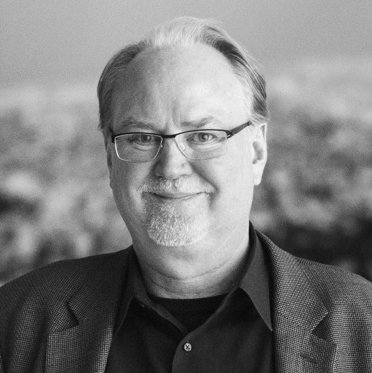Shigeru Ban
Founder and Principal Architect, Shigeru Ban Architects, Tokyo, Japan
International Advisor on the Socioeconomic Development for the European Union, Governments and other Institutions
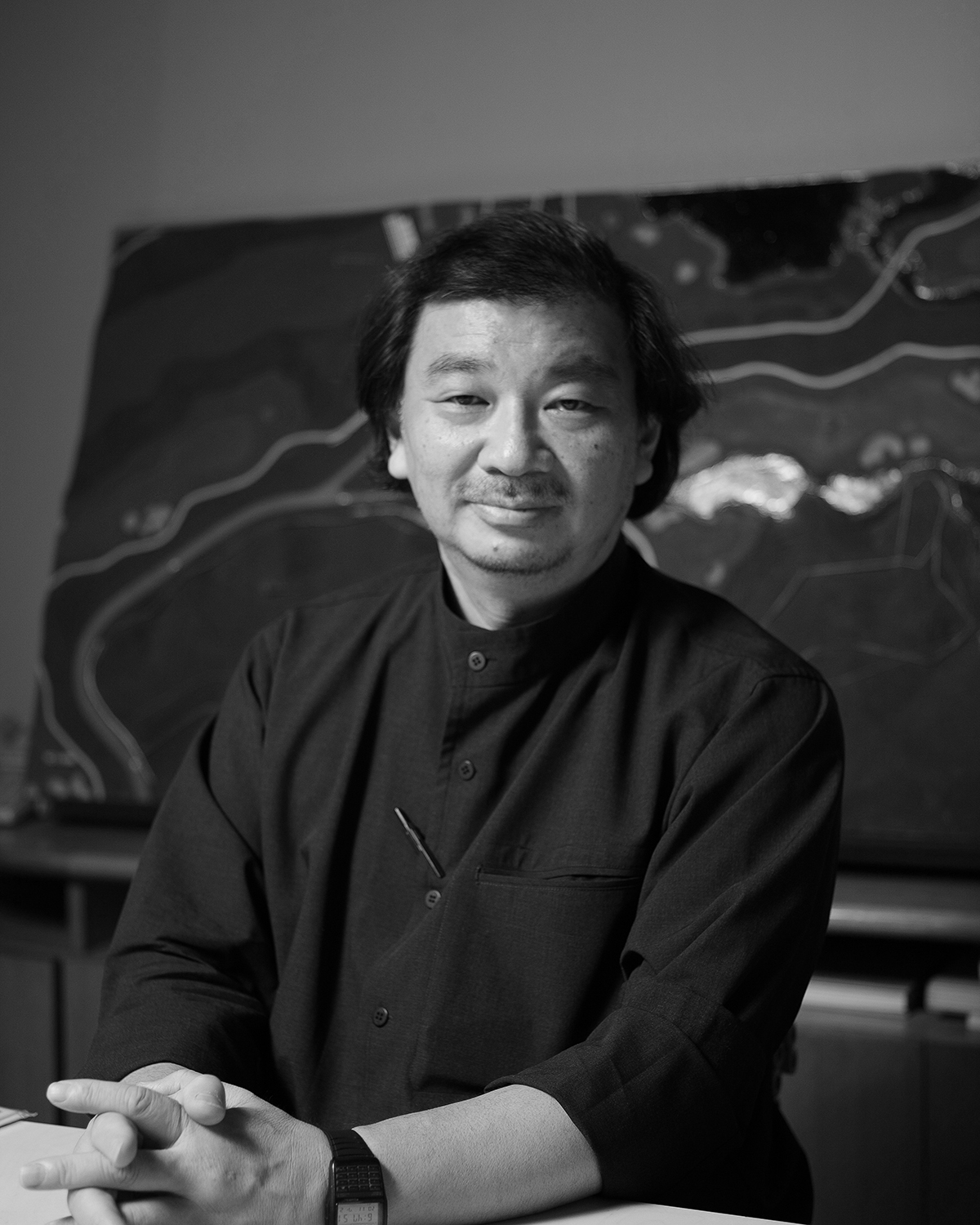
International Advisor on the Socioeconomic Development for the European Union, Governments and other Institutions

Mitchell Joachim is the co-founder of Terreform ONE and associate professor of practice at New York University (NYU) where he also held noteworthy leadership roles as a university senator and co-chair of Global Design NYU. He has won many awards including the Lafarge Holcim Acknowledgement Prize and Time’s Best Invention with MIT Smart Cities. He is a TED Senior Fellow and has been awarded fellowships with Safdie Architects and the Martin Society for Sustainability at MIT. Joachim has been featured in numerous articles and has co-authored four books: Super Cells: Building with Biology (Ted Books, 2014), Global Design: Elsewhere Envisioned (Prestel, 2014), XXL-XS: New Directions in Ecological Design (Actar, 2016) and Design with Life: Biotech Architecture and Resilient Cities (Actor, 2019). His design work has been exhibited in numerous locations including MoMA in New York, DOX Centre for Contemporary Art in Prague, The Building Centre in London, DAZ in Berlin, OCAD in Toronto, NAI in Rotterdam and Seoul and Venice Biennale.
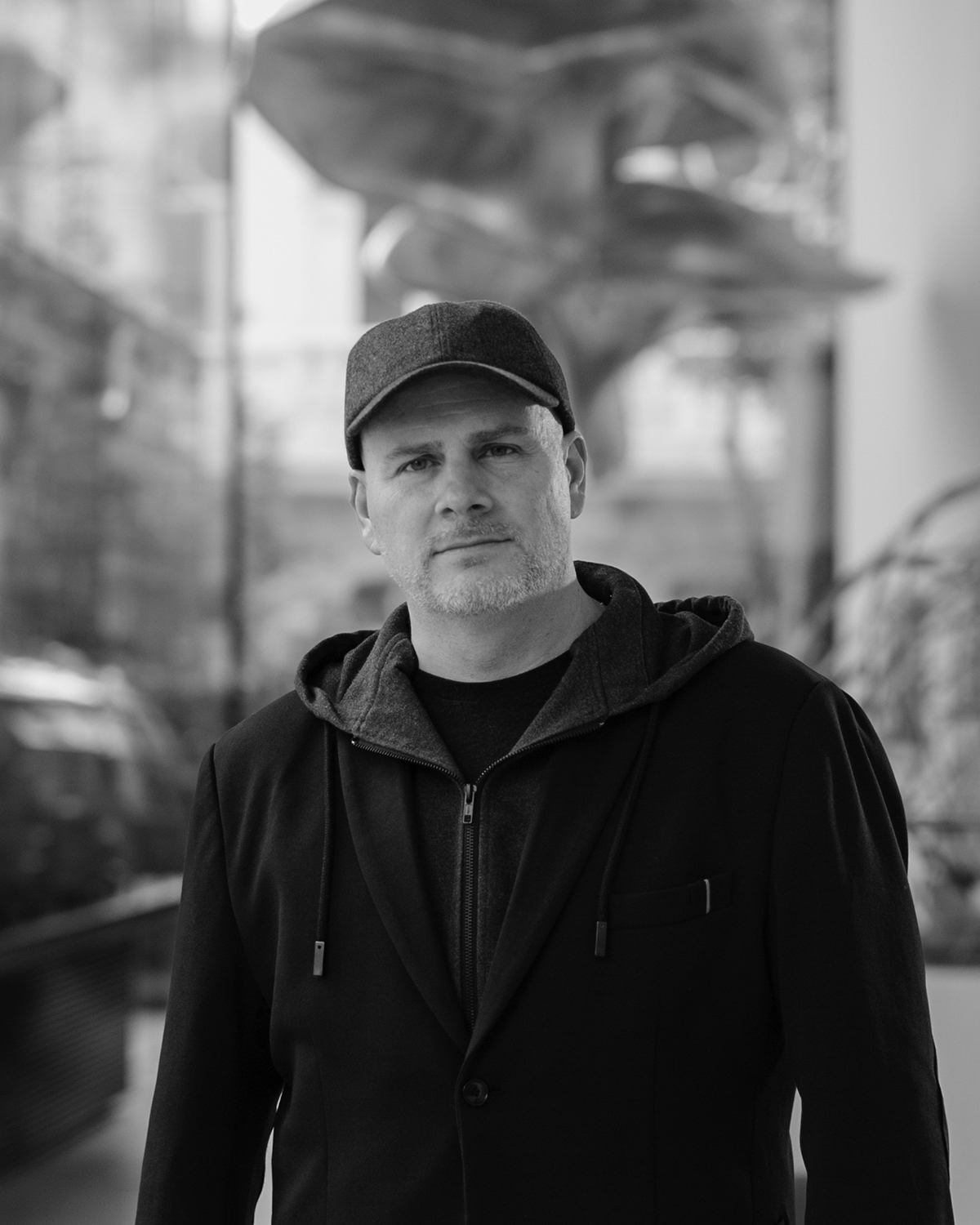
Maria Vassilakou is an experienced, inspiring urban leader devoted to open, inclusive and green cities. She served as vice mayor in Vienna and was responsible for Urban Planning, Traffic and Transport, Climate Protection, Energy and Public Participation from November 2010 to July 2019. Vassilakou envisages cities as open, green, affordable, family-friendly and diverse places for life. In her nine years serving as vice mayor, she successfully implemented a vast transformation agenda comprising numerous innovative projects, contributing substantially to Vienna’s number one position in all major international liveability rankings within the last decade. Maria Vassilakou now works worldwide as an independent advisor on urban transformation. After leaving office, she founded Vienna Solutions—a network of experienced Viennese urban experts and practitioners, with whom she cooperates building flexible teams to deliver complex urban projects.
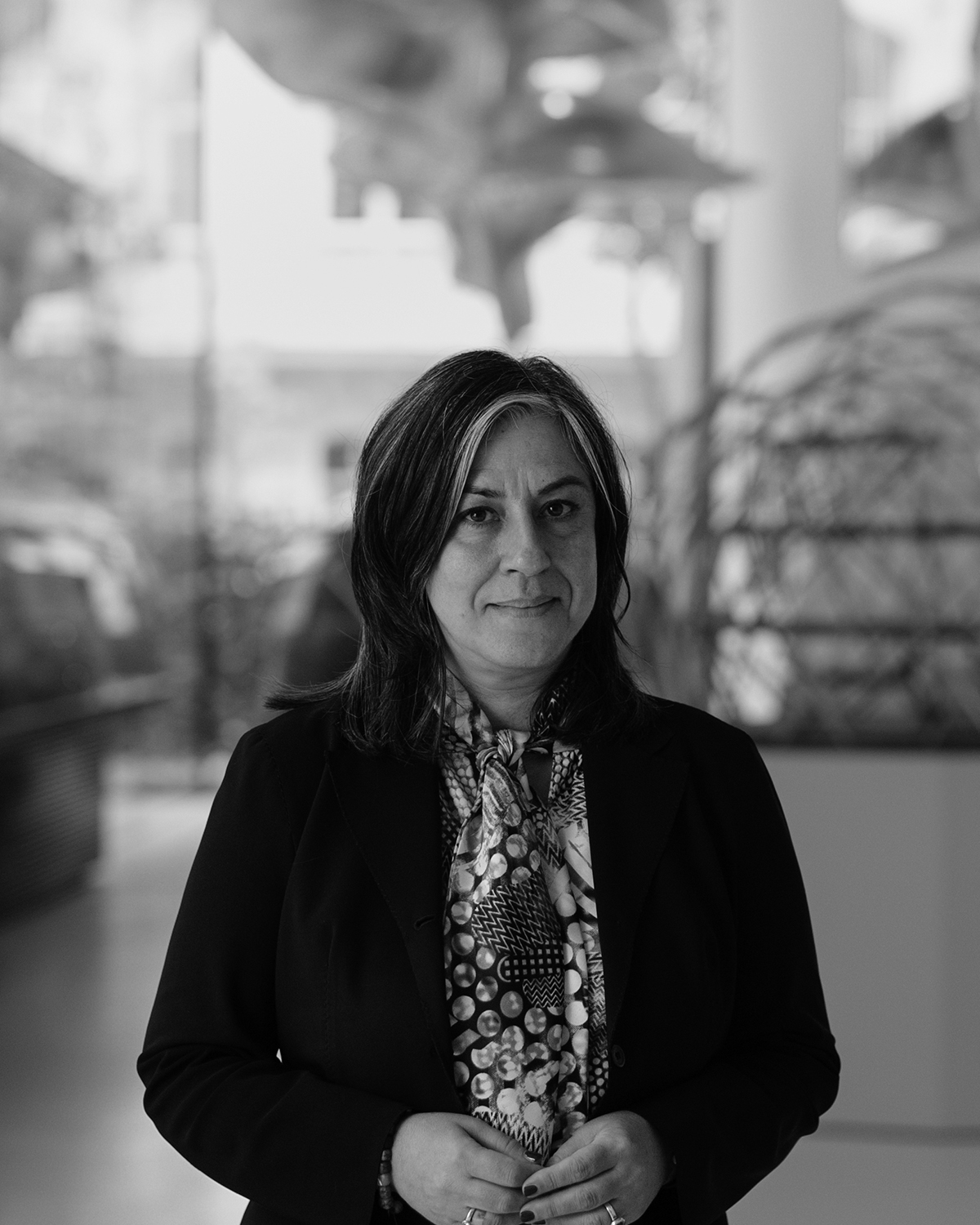
Hans Ulrich Obrist is co-director of the Serpentine Galleries, London. Prior to this, he was the curator of the Musée d’Art Moderne de la Ville de Paris. In 2013, Obrist co-founded with Simon Castets the 89plus, a long-term, international, multi-platform research project, conceived as a mapping of the digitally native generation born in or after 1989. In 2011, Obrist received the CCS Bard Award for Curatorial Excellence. In 2009, he was made Honorary Fellow of the Royal Institute of British Architects (RIBA), and in 2015 he received the International Folkwang Prize for his commitment to the arts. Obrist has lectured internationally at academic and art institutions and is contributing editor to several magazines and journals.
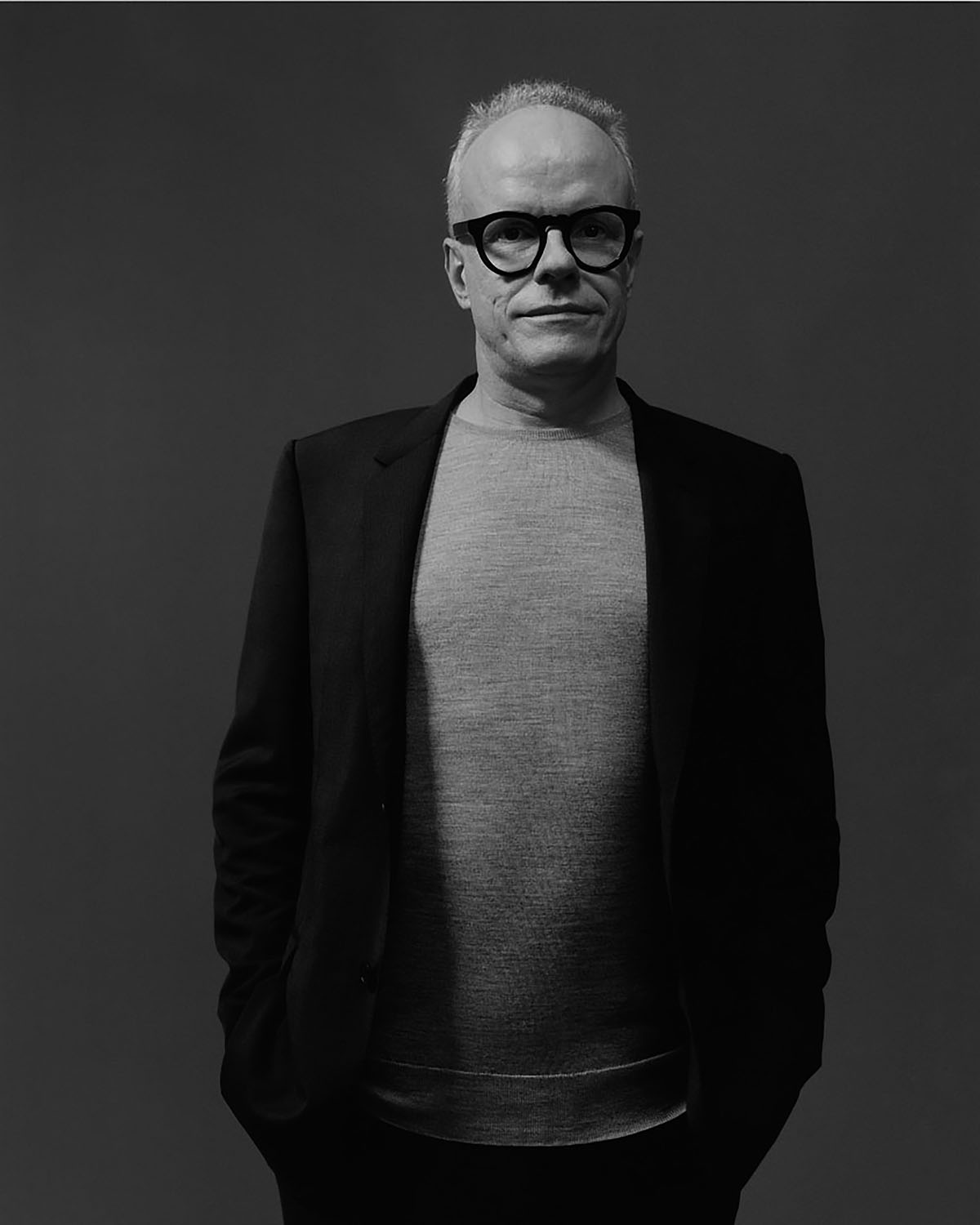
Tim Stonor is an architect and urban planner specialising in the analysis and design of human behaviour patterns—the ways in which people move, interact and transact in buildings and urban places. He is recognised internationally for his work in the development of data-driven design techniques and their use in urban planning and architectural design projects from city masterplans to individual building interiors.
Stonor is the managing director of Space Syntax, an urban planning and design company—originally created at The Bartlett, University College London in 1989—with a mission to develop, apply and disseminate a science-based and human-focused approach to architectural design. He is a founding member and former director of The Academy of Urbanism, a visiting professor at The Bartlett School of Architecture, University College London, and a Harvard Loeb Fellow. He is also a former deputy chair and trustee at the UK Design Council, where he is now an ambassador. Stonor joined the advisory board of the Norman Foster Foundation in 2018.
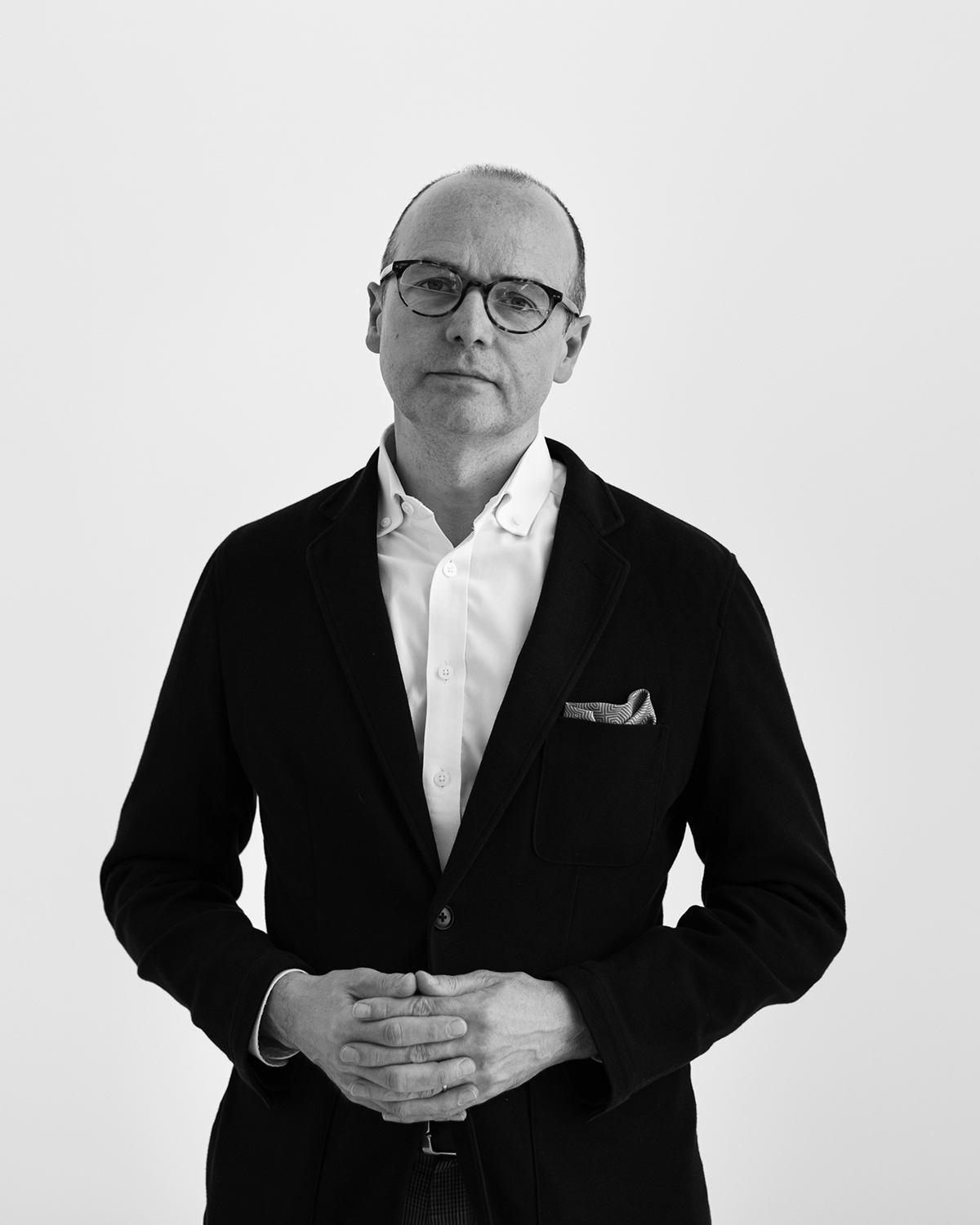
Stuart Smith contributes to the themes of circular economy in the built environment, regenerative design, and the development of low-carbon buildings through active projects, research and thought leadership to clients and organisations. Working as a structural engineer for Arup, based in Berlin, he has been engaged in the design of some of the world’s most challenging building projects including CCTV with OMA in Beijing, the M+ Art Museum in Hong Kong, the Pérez Art Museum Miami with Herzog & de Meuron, and Chapultepec Uno in Mexico City with Taller-G. He has experimented with prototype buildings such as the Wikihouse; the world’s first open-source, digitally printed house, and the Circular Building (London) that explored the application of circular economy principles to the built environment. He is a member of the Board of the Holcim Foundation and is currently collaborating with David Chipperfield Architects and the Norman Foster Foundation on various projects, including the masterplan for the reconstruction of Kharkiv in Ukraine, amongst others. Smith is also the Global Circular Economy Skills Leader for Arup, implementing circular design at all levels across all scales and typology of project.
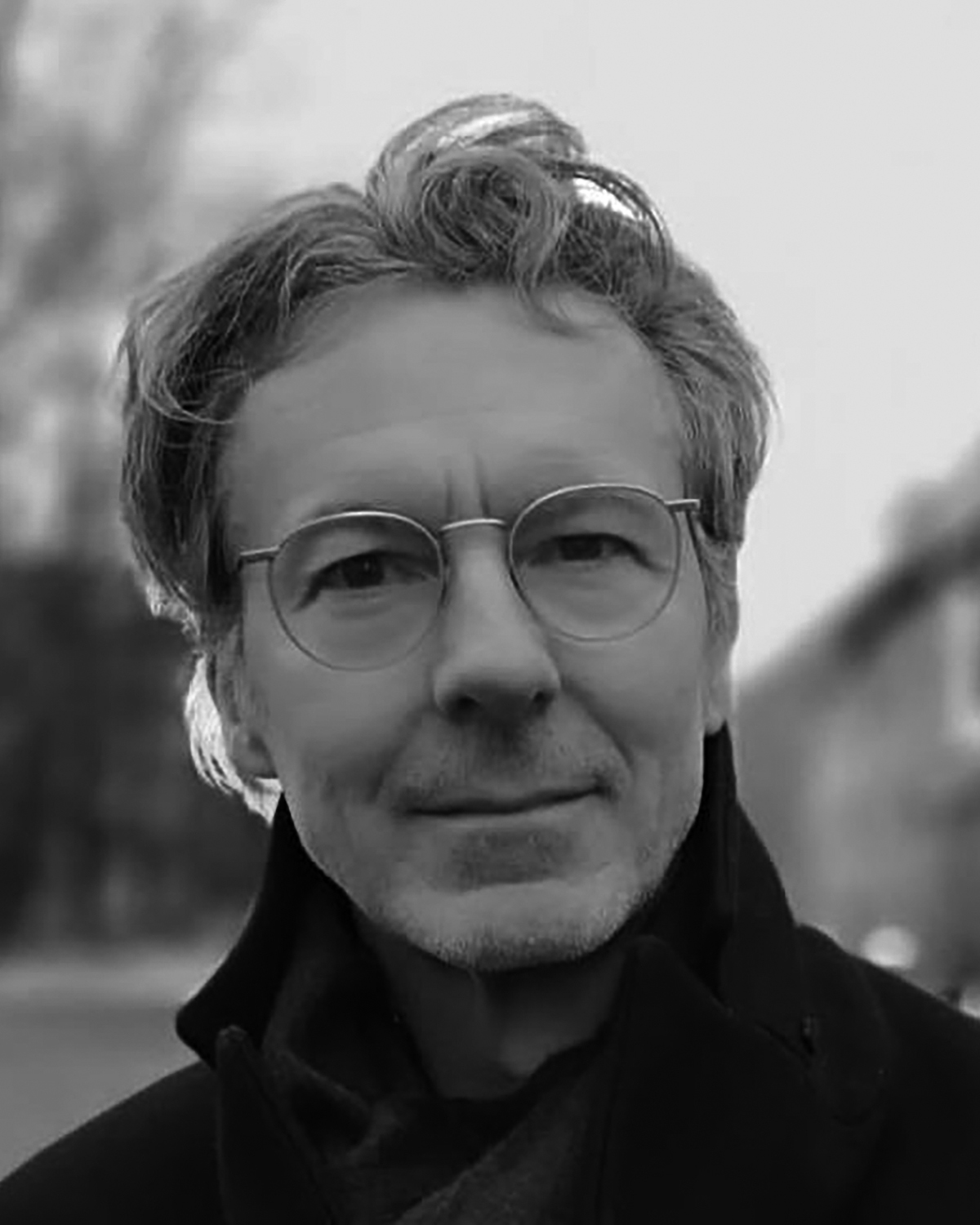
Gil Penalosa is passionate about creating equitable and sustainable cities where all people can live healthier and happier lives. Penalosa is the founder and chair of the Canadian nonprofit organisation 8 80 Cities. He is also ambassador of World Urban Parks. Penalosa has worked in over 350 different cities and in all continents. Before immigrating to Canada, Penalosa was commissioner in Bogotá, where he led the construction of over 200 parks and 100 kilometres of open streets. He holds an MBA from the University of California, Los Angeles (UCLA) and a PhDhc from the Swedish University of Agricultural Sciences (SLU) in urban planning. Penalosa is one of Planetizen’s Top 50 Most Influential Urbanists and recently received the World Urban Parks Distinguished Individual Award in Australia.
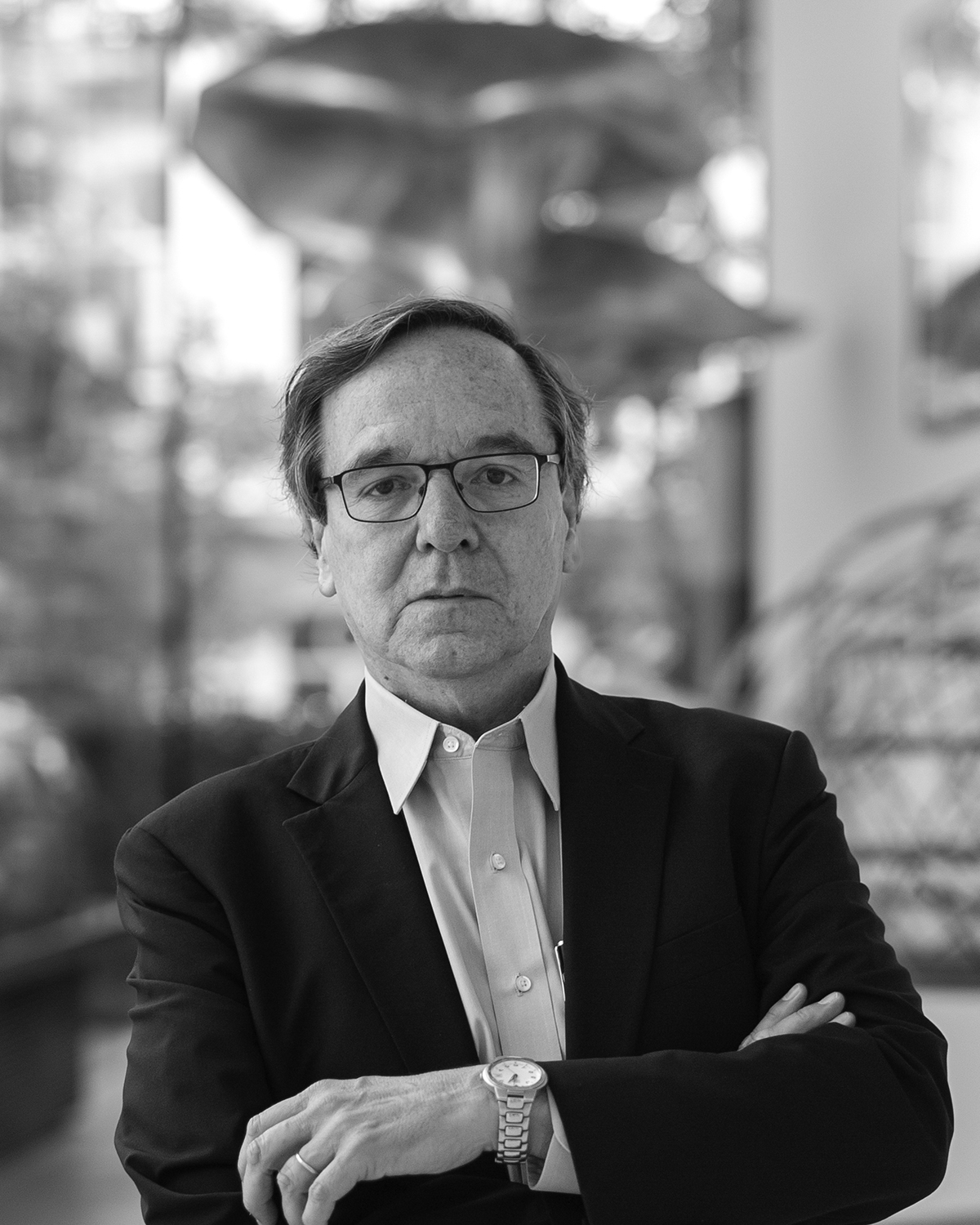
Peter B. de Menocal is the eleventh president and director of Woods Hole Oceanographic Institution (WHOI) as of 2020. A marine geologist and paleoclimatologist, de Menocal’s research uses deep sea ocean sediments as archives of how and why Earth’s ocean and climate have changed in the past and to predict how they may change in the future. Prior to assuming leadership of WHOI, de Menocal was the Thomas Alva Edison/Con Edison Professor in the Department of Earth and Environmental Sciences at Columbia University’s Lamont-Doherty Earth Observatory. In 2015, he became the founding director of Columbia’s Center for Climate & Life, a research accelerator of 120 scientists and other experts dedicated to understanding how climate affects life’s essentials—the security of food, water and shelter—and exploring sustainable energy solutions in partnership with industry, finance and government.
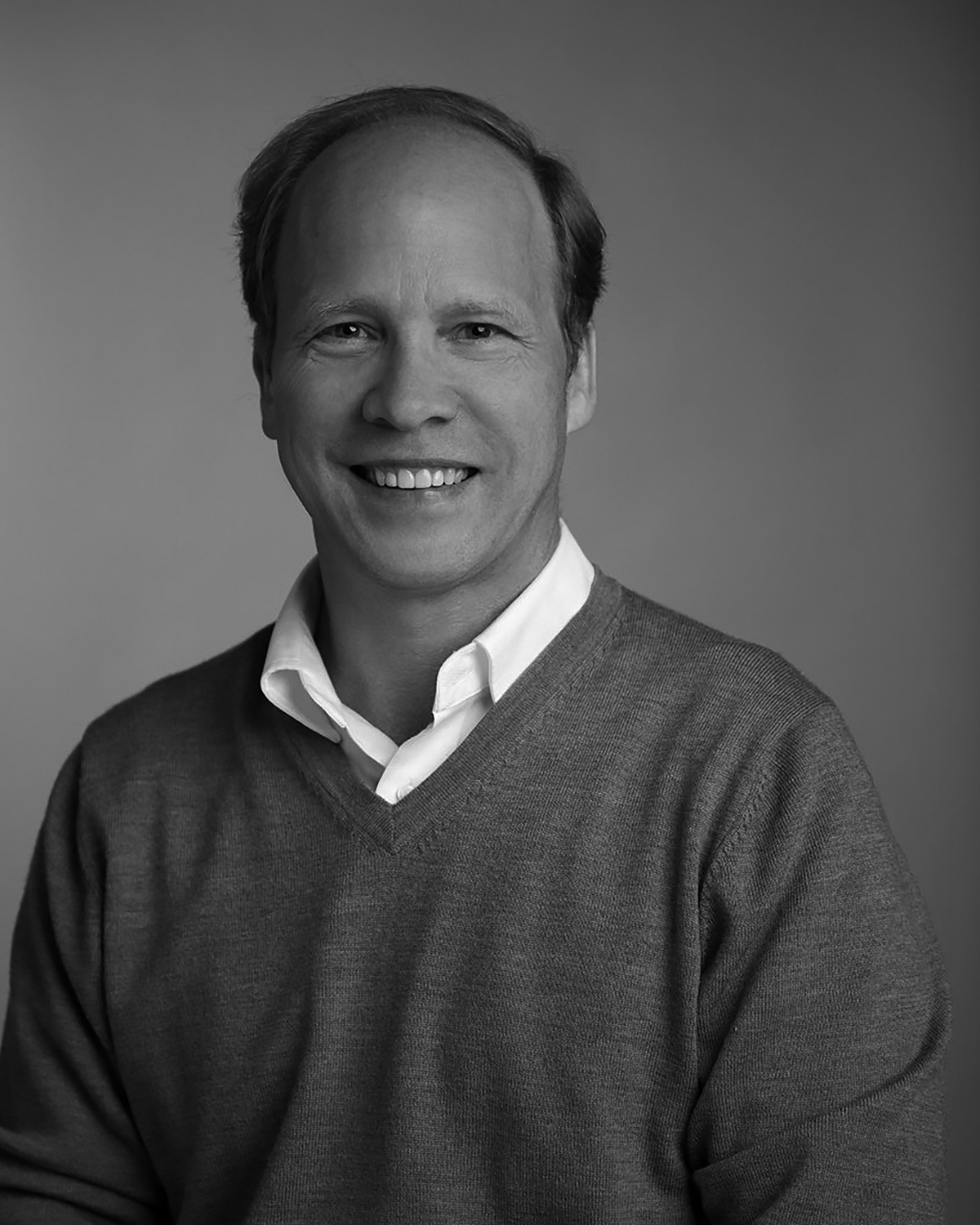
Professor Sarah Kenderdine leads a team of software engineers, artists and curators at the forefront of interactive and immersive experiences for galleries, libraries, archives and museums. She has created over ninety exhibitions and installations for museums worldwide. In 2017, Kenderdine was appointed professor at the École Polytechnique Fédérale de Lausanne (EPFL) where she has built the Laboratory for Experimental Museology (eM+), exploring the convergence of imaging technologies, immersive visualisation, digital aesthetics and cultural (big) data. Kenderdine is the inaugural director and lead curator of EPFL Pavilions, an art/science initiative housed in a seminal Kengo Kuma building. The Pavilions blend experimental curatorship and contemporary aesthetics with open science, digital humanism and emerging technologies.
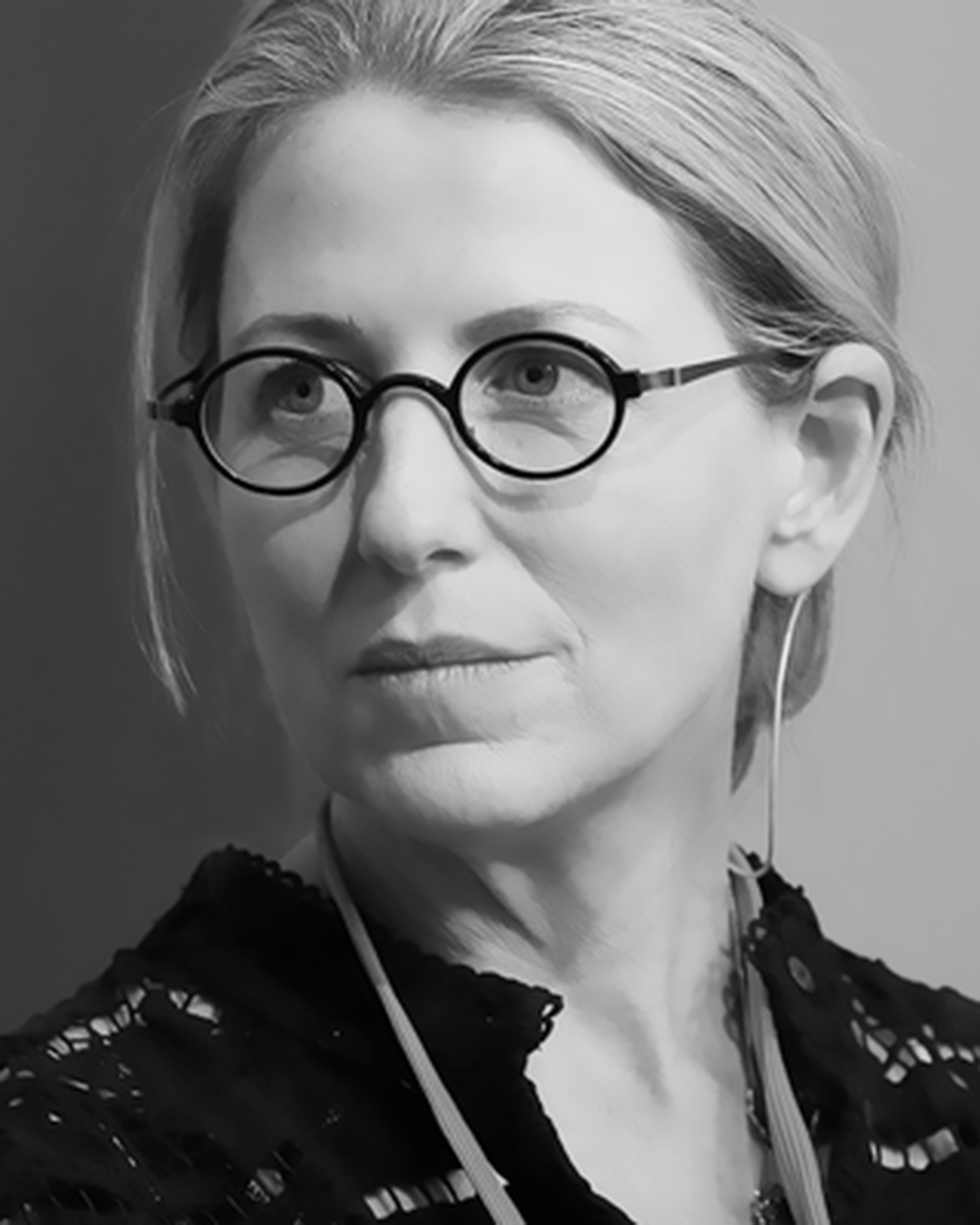
Laila Iskandar has served as the Minister of State for Urban Renewal and Informal Settlements as well as the Minister of State for Environmental Affairs in two cabinets from 2013 to 2015. Prior to holding public office, Iskandar was a leading member of civil society for her work on informal urban settlements. Since 1983, she has worked with the garbage collectors of Cairo with a focus on the informal waste sector, recycling SMEs and value chain analysis. As a chairperson of CID Consulting, she has received global recognition for her work, including the Social Entrepreneur of the Year Award at the 2006 World Economic Forum for her sustainable recycling school in partnership with UNESCO and Procter & Gamble. Her international assignments have included serving as UNESCO Resource Person for the Arab region as part of the United Nations Literacy Decade (UNLD) and serving as the Canadian International Development Agency (CIDA) Education Advisor in Egypt. She holds a doctorate from Columbia University, New York, and a master’s from U.C. Berkeley, California.
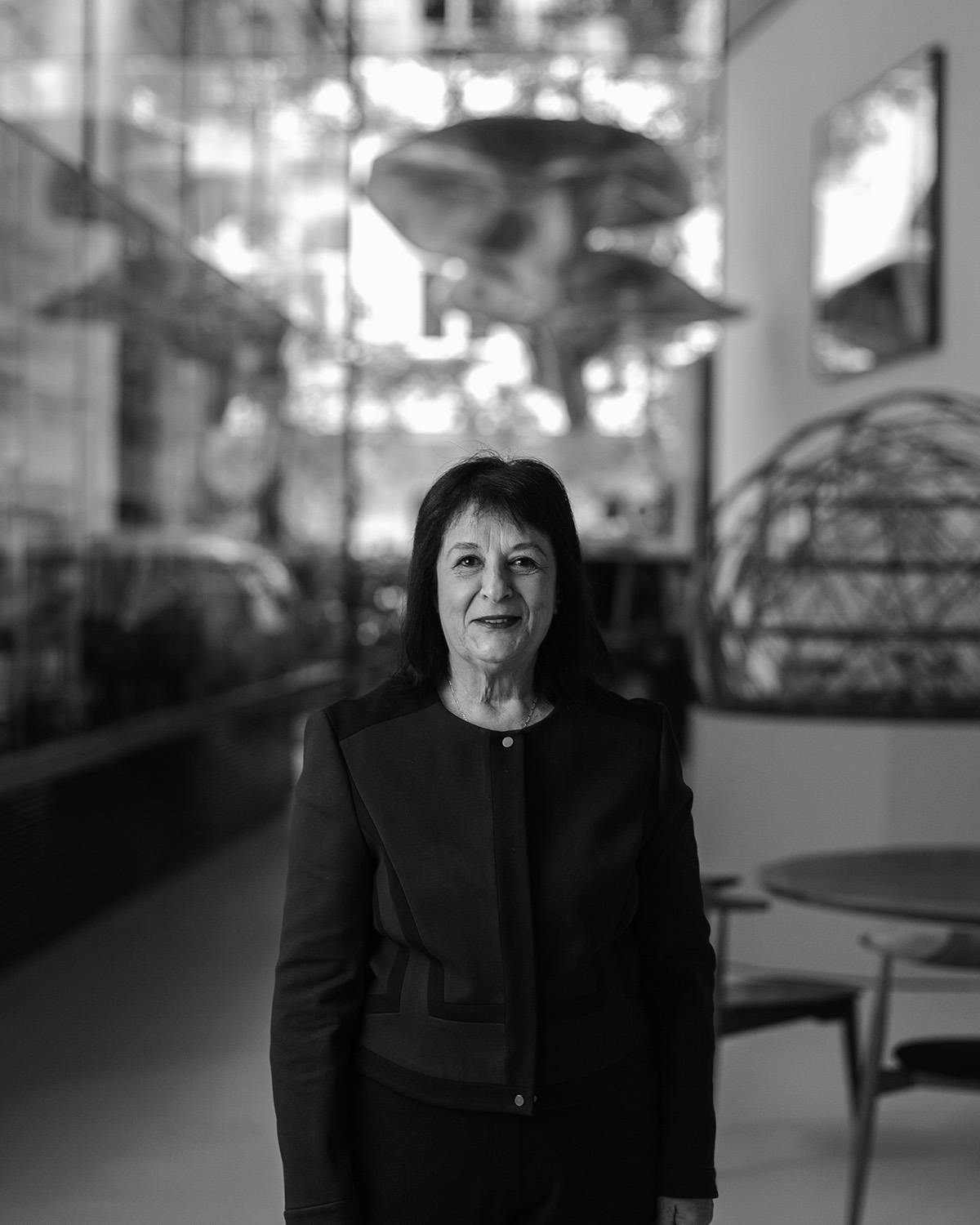
Frédérick Bordry holds a PhD in electrical engineering and a state doctorate in energy conversion from the Institut National Polytechnique in Toulouse. He joined the European Organization for Nuclear Research (CERN) in 1986, where he was one of the actors in the design and construction of the Large Hadron Collider (LHC), leading to the discovery of the Higgs Boson in 2012. He was CERN’s Director of Accelerators and Technology from January 2014 to December 2020, where he was responsible for the operation of the CERN accelerator complex and the development of new projects and technologies. Bordry is convinced of the importance of a firm commitment to energy transition and to the development of zero-emission energy, including massive investment in nuclear energy innovation. He defends the role of science for peace and development in all circumstances.

Luis M. A. Bettencourt is the Pritzker Director of the Mansueto Institute for Urban Innovation at the University of Chicago and Professor of Ecology and Evolution at the College. He is also associate faculty and Special Friend of the Department of Sociology and external professor at the Santa Fe Institute. He conducts interdisciplinary research on complex adaptive systems and leads efforts in areas of the science of cities. This research focuses on the identification of cities’ systemic processes and properties, as well as their local histories and contexts in identifying paths for a better quality of life, economic growth and sustainable development. He works with international networks of researchers, local governments and NGOs to understand and systematise urban knowledge and to create solutions to urban issues. His work is well-known academically and has been influential in developing new theory and empirical perspectives on cities and urbanisation worldwide.
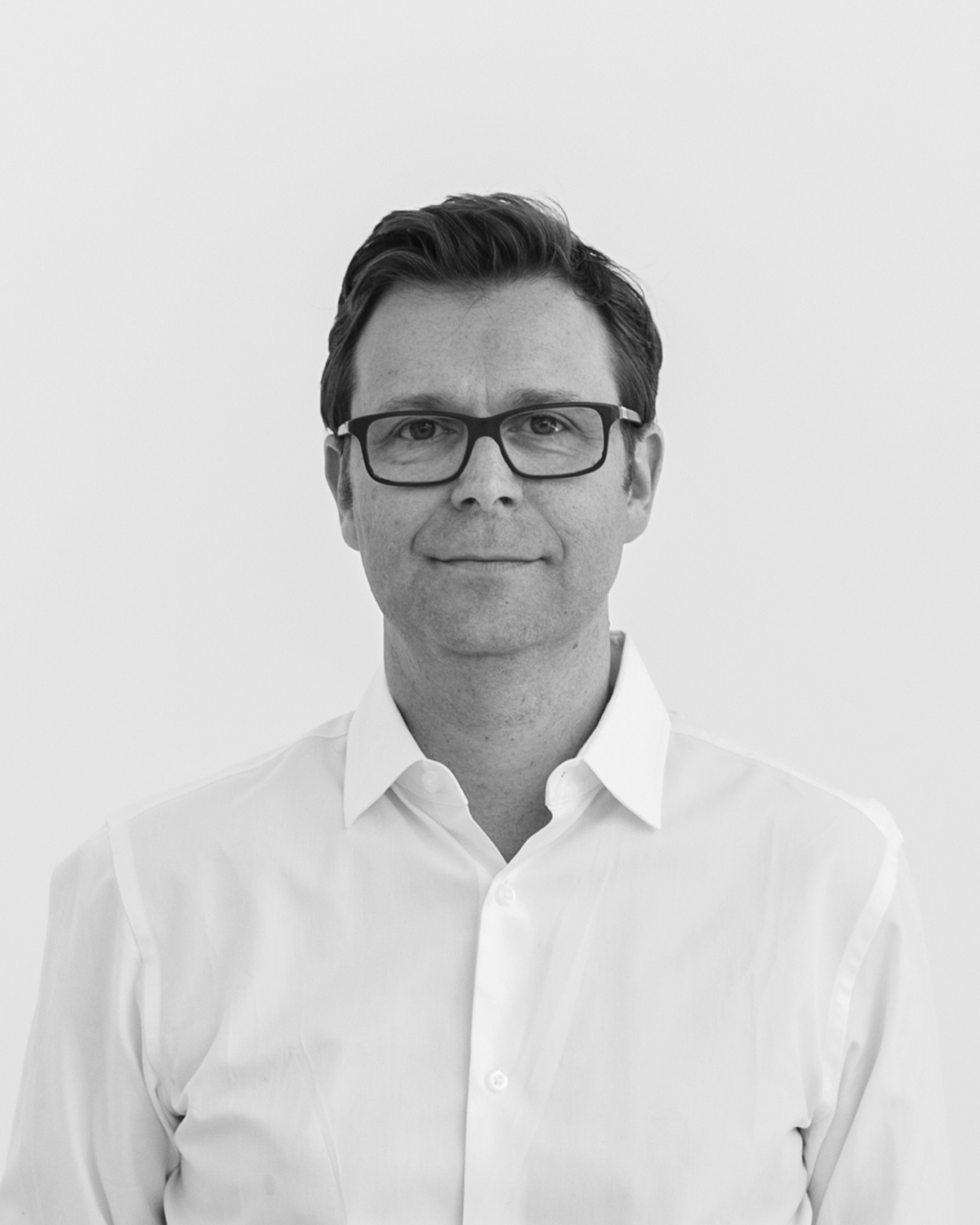
Joseph G. Allen is an associate professor at the Harvard T.H. Chan School of Public Health and director of Harvard’s Healthy Buildings Program. He is the co-author with John Macomber of Healthy Buildings: How Indoor Spaces Drive Performance and Productivity (Harvard University Press, 2020), which was recognised as a ‘Best Book of the Year’ by the New York Times and Fortune magazine. During the COVID-19 pandemic, Dr Allen served as commissioner of The Lancet COVID-19 Commission and chair of its Safe Work, Safe Schools, and Safe Travel Task Force. He began his career conducting forensic health investigations of sick buildings in several hundred buildings across a diverse range of industries, including healthcare, biotechnology, education, commercial office real estate and manufacturing. His work has been featured widely in the popular press, including the Wall Street Journal, Harvard Business Review, National Geographic, Time, NPR, Newsweek, The Washington Post, Fortune and The New York Times.
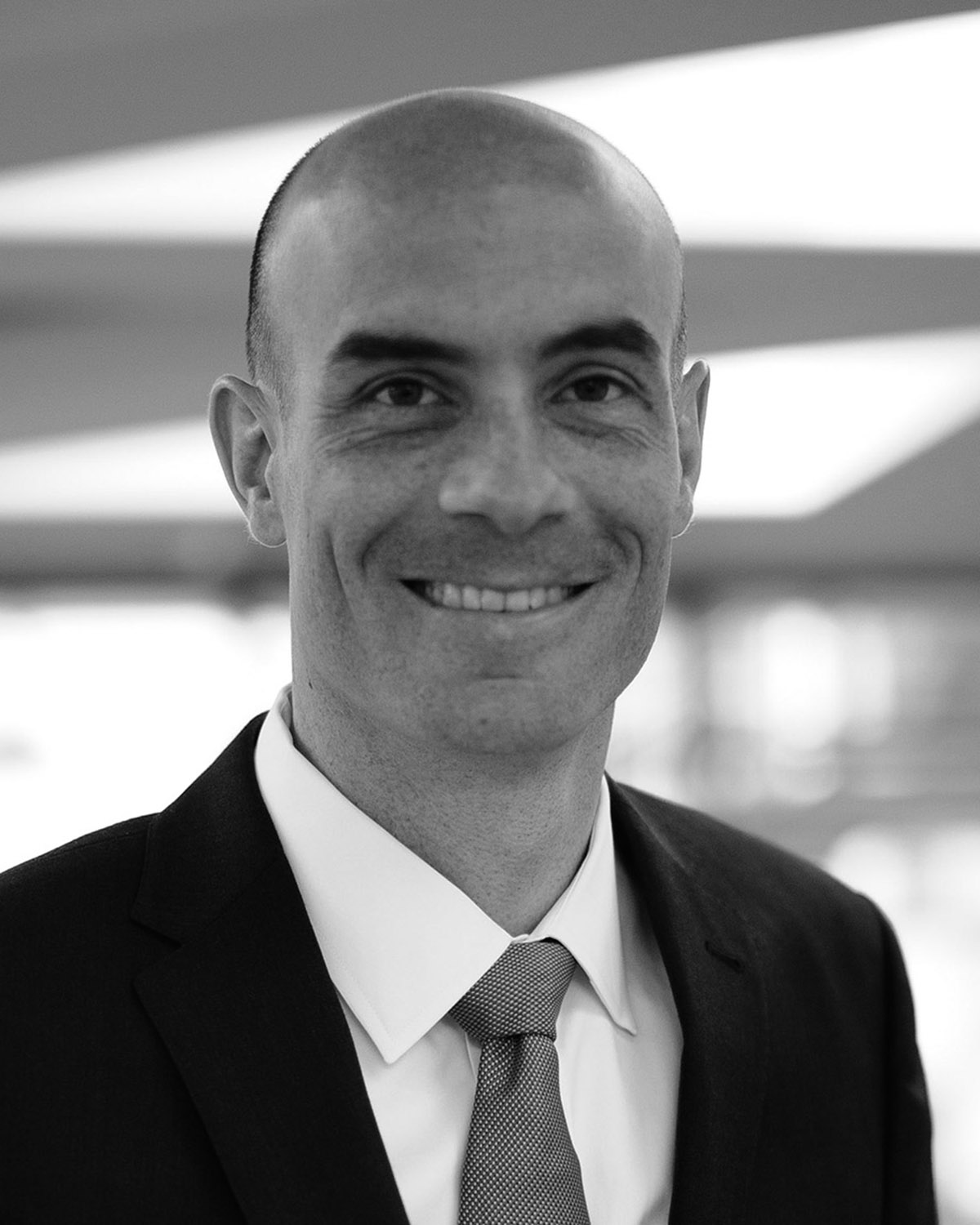
The future of our society is the future of our cities—they are our greatest invention. This course, in a time of climate change, is addressed to those who wish, through practice or education, to improve the quality of life in cities worldwide. In that spirit, the course will combine practical on-site experience with academic inputs from the Norman Foster Foundation’s network of international experts. These range from university professors and scientists to planners and property developers.
It will start with tools and skills that can be used to address wide-ranging issues for cities. For instance, leadership, advocacy, communication, presentation, diagramming, mapping, and the understanding and interpretation of data. This approach could be applicable to cities from Asia, the Middle East, South and North America to Africa, Europe and Oceania as well as informal settlements and suburbia.
The use of objective criteria is critical to evaluating the performance of cities and charting moves to improve their quality of life and reduce carbon footprints. There are many metrics in addition to the ones that have been created for this course. Notable are the Sustainable Development Goals (SDGs) developed by the United Nations (UN). Mindful of my role as Advocate of the UN Forum of Mayors, these SDGs will be linked into the curriculum.
However, there is one criterion that is subjective, defies quantification and therefore does not find its way into any of the metrics and that is the aesthetic dimension of a city—its visual DNA. This might be the colourful dynamic of an Asian city, the Renaissance order of a classical European city, the gridded verticality of Manhattan or the picturesque alleys and plazas of a city rooted in a mediaeval past. The identity of a city is also linked to its history. These issues will be addressed in the course.
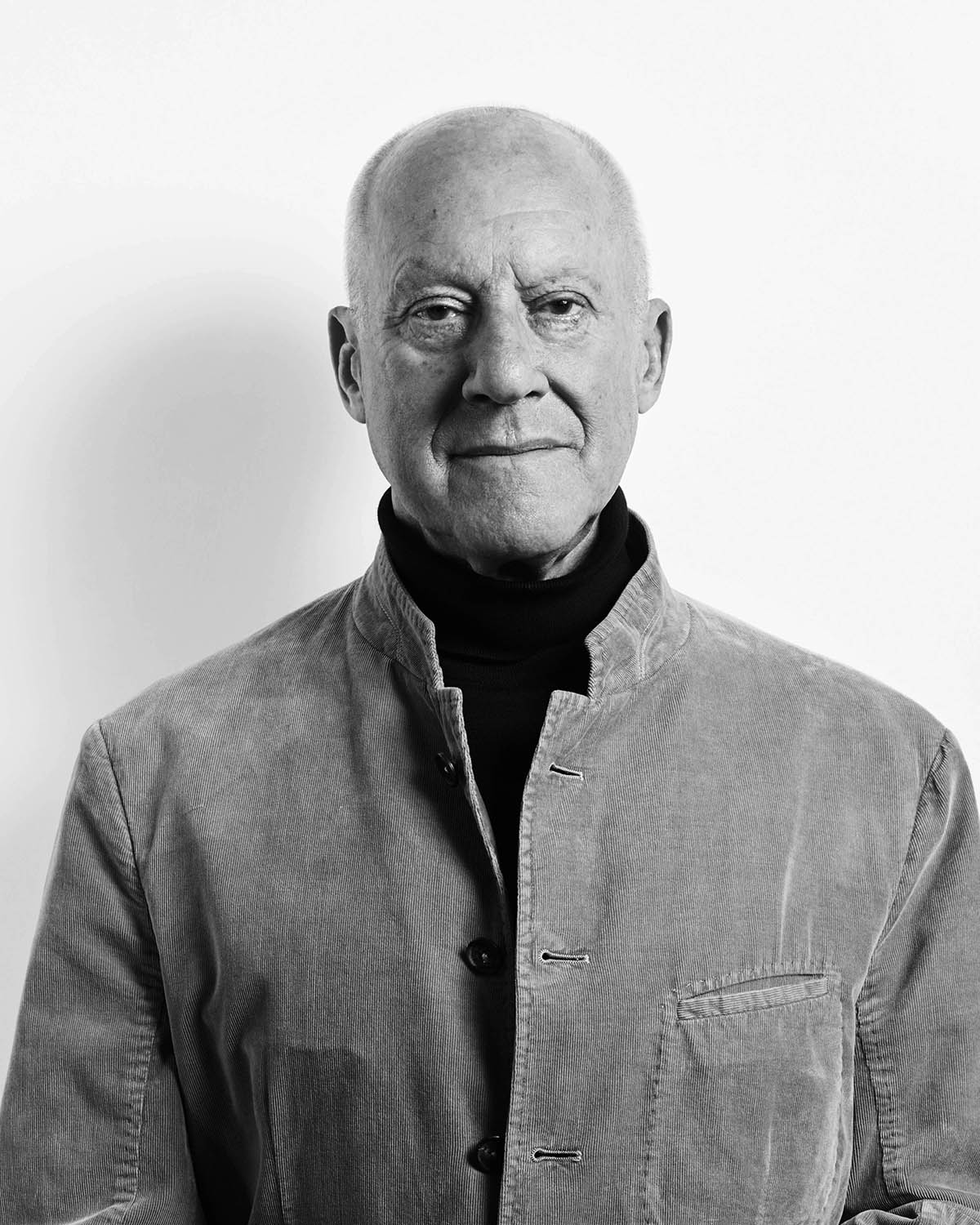
A major part of the curriculum focuses on three pilot cities that scholars will visit to engage directly with their planners and managers. For study purposes, areas will be selected in each city to raise awareness of the issues that affect the quality of life for those who live or visit there. This small number of well-defined project assignments will be addressed by the scholars working on site and in the studio, either in teams or individually. In this multidisciplinary approach, the scholars will process evidence using the most up-to-date digital tools.
In this first edition of the course, the pilot cities will be European, although the methods will be adaptable to other kinds of cities worldwide. Towards the end of the year, the scholars will present their findings to the city administration and here there will be an emphasis on advocacy and presentation skills. The lessons from these real-life experiences will be documented by film and other media, culminating in a public event. On the basis that historically cities learn from each other, it will be important for the scholars to explore the relevance of their conclusions in the wider context of global cities.
This combination of the best of academia with practical hands-on experience in the field distinguishes this course from others. However, my Co-Director Kent Larson, Director of the City Science Group at the Massachusetts Institute of Technology (MIT), and I felt we should further set it apart by defining our criteria for a new model of the city—this could be shaping an existing city towards a more sustainable future or guiding the creation of a new urbanity. If this is the long-term objective, then the individual pilot projects would be incremental short-term steps towards the same eventual goal. Prof. Larson and I worked together to present that vision as the following Vision Statement.
José María Michavila holds two degrees in Contemporary History and Law. He holds a PhD in Economic Administrative Law and a postgraduate degree from the London School of Economics. He was professor of Administrative Law at the Complutense University of Madrid.
He is a founding partner of the law firm 'MA ABOGADOS' and of the Multi Family Office 'MDF (Michavila de Fernando) Family Partners'. Between 1993 and 2004 he was a member of the National Executive Committee and a member of the Spanish Congress of Deputies. In March 2002 he was appointed Minister of Justice, becoming the youngest Minister of the Government. Since 2008 he has been a professor of Contemporary History in the Master's Degree in Humanities at the UFV (Universidad Francisco de Vitoria).
Since 2012 he is also Elective Counselor of the Council of State. In 2018 he was recognized by the Gredos Awards for his solidarity activity.
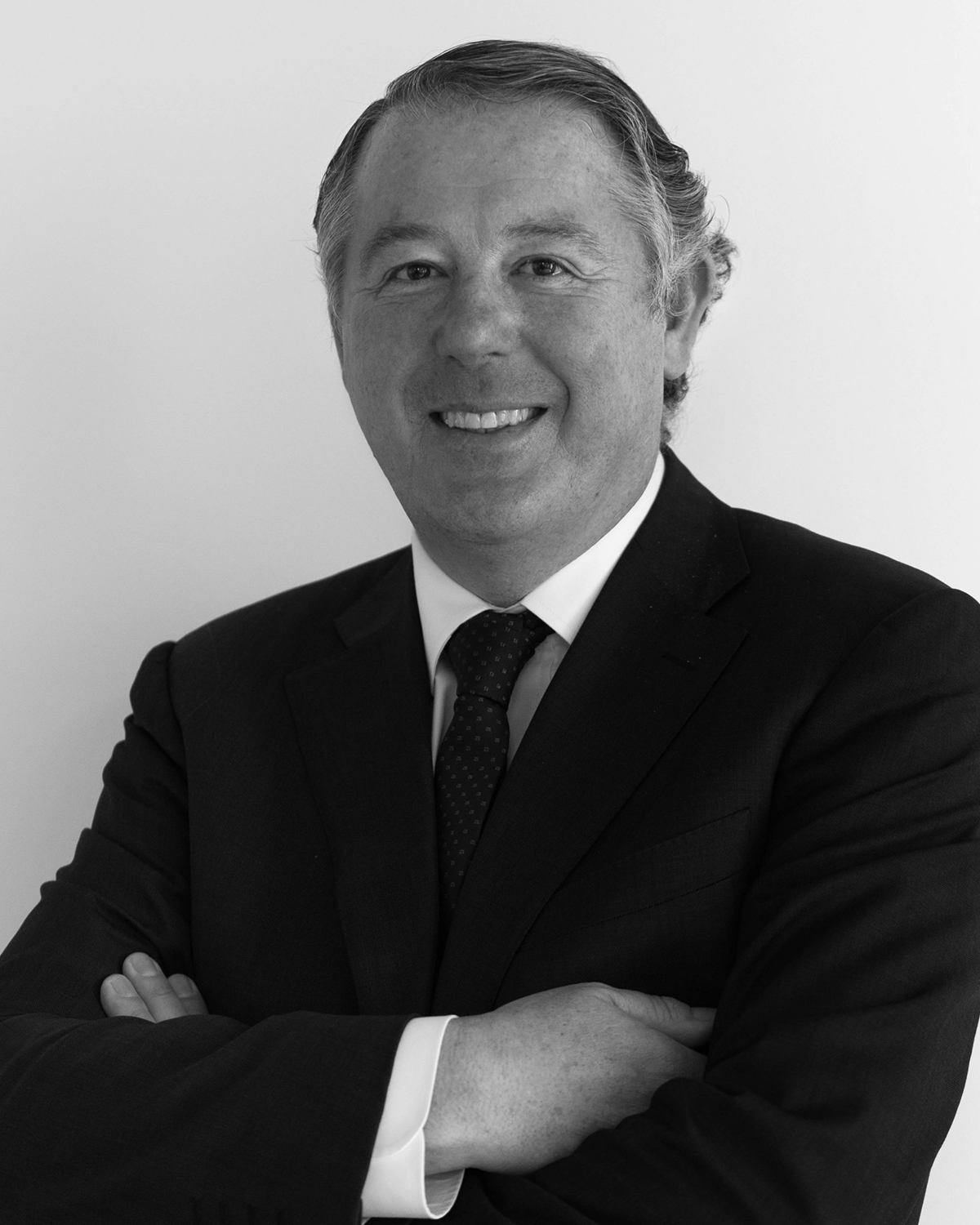
Francis Kéré is a German-trained architect from Gando, Burkina Faso, and the founder and principal architect of Kéré Architecture and the Kéré Foundation. He has developed innovative construction strategies that combine traditional materials and building techniques with modern engineering methods. His work has earned international honours including the Aga Khan Award for Architecture, the Global Holcim Award, and the Schelling Architecture Award.

Ian Goldin is Oxford University Professor of Globalisation and Development and the founding director of the Oxford Martin School, the world’s leading centre for interdisciplinary research into critical global challenges. Goldin leads research groups on Technological and Economic Change, Future of Work and Future of Development. Goldin previously was World Bank vice president and the group’s director of policy and served on the World Bank Executive and other key committees. He previously was chief executive of the Development Bank of Southern Africa and economic advisor to President Nelson Mandela.
Goldin is an advisor to a wide range of businesses, governments and international organisations. Goldin was knighted by the government of France and is chair of the core-econ.org initiative to transform economics. He is a trustee of Comic Relief and other charities. He has written and presented three BBC series: After the Crash, Will AI Kill Development? And The Pandemic that Changed the World, and his BBC analysis The Death of Globalisation? was broadcast in March 2023. The most recent of Ian’s twenty-four books is Age of the City (Bloomsbury, 2023). He tweets on @ian_goldin and his website is iangoldin.org.
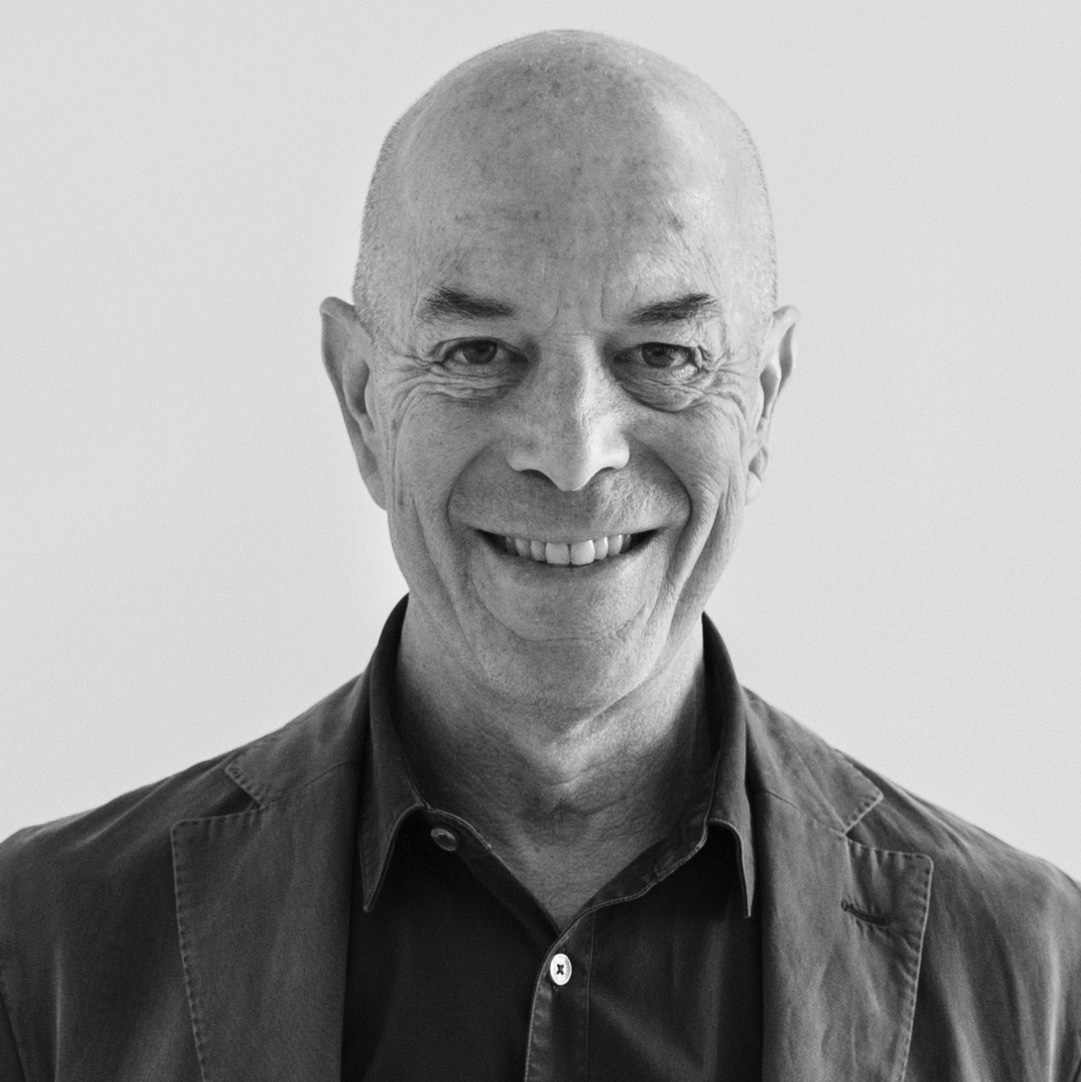
Elena Foster is a publisher and curator. She founded Ivorypress in 1996 and has held the title of CEO and founder ever since.
As a patron, she supports a variety of museums and foundations and collaborates with several international schools of contemporary art and photography. She has served as chair of the Tate Galleries International Council and as trustee of the Tate Foundation and the Isamu Noguchi Foundation. She is currently chair of the Serpentine Galleries Council in London.
Elena Foster was a tenured professor at Universidad Complutense de Madrid for almost two decades. She was a Fulbright Scholar and researcher in several universities in the United States and Europe.
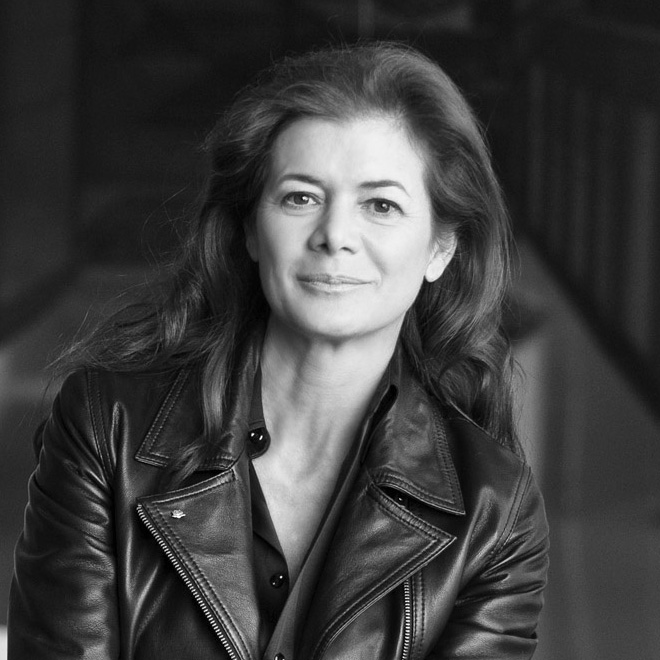
Óscar Fanjul holds a PhD in economics, having been a visiting scholar at the Department of Economics at both Harvard University and the Massachusetts Institute of Technology (MIT). He is the founding chairman and former CEO of Repsol. He has also been chairman of Hidroeléctrica del Cantábrico, NHH and Deoleo. He is currently the vice chairman of Omega Capital and the vice chairman of LafargeHolcim. He is also a board member of The Marsh and McLennan Companies and of Ferrovial. He has also been vice chairman of Lafarge and a board member of Unilever, BBVA, the London Stock Exchange, Areva and Acerinox.
He is vice chairman of the Board of Trustees of the Museo Nacional Centro de Arte Reina Sofía and a trustee of the Instituto de Estudios Superiores de Empresa (IESE), of the Centro de Estudios Monetarios y Financieros (Bank of Spain) and of the Aspen Institute (Spain). He has also been a trustee of the International Financial Reporting Standards Committee
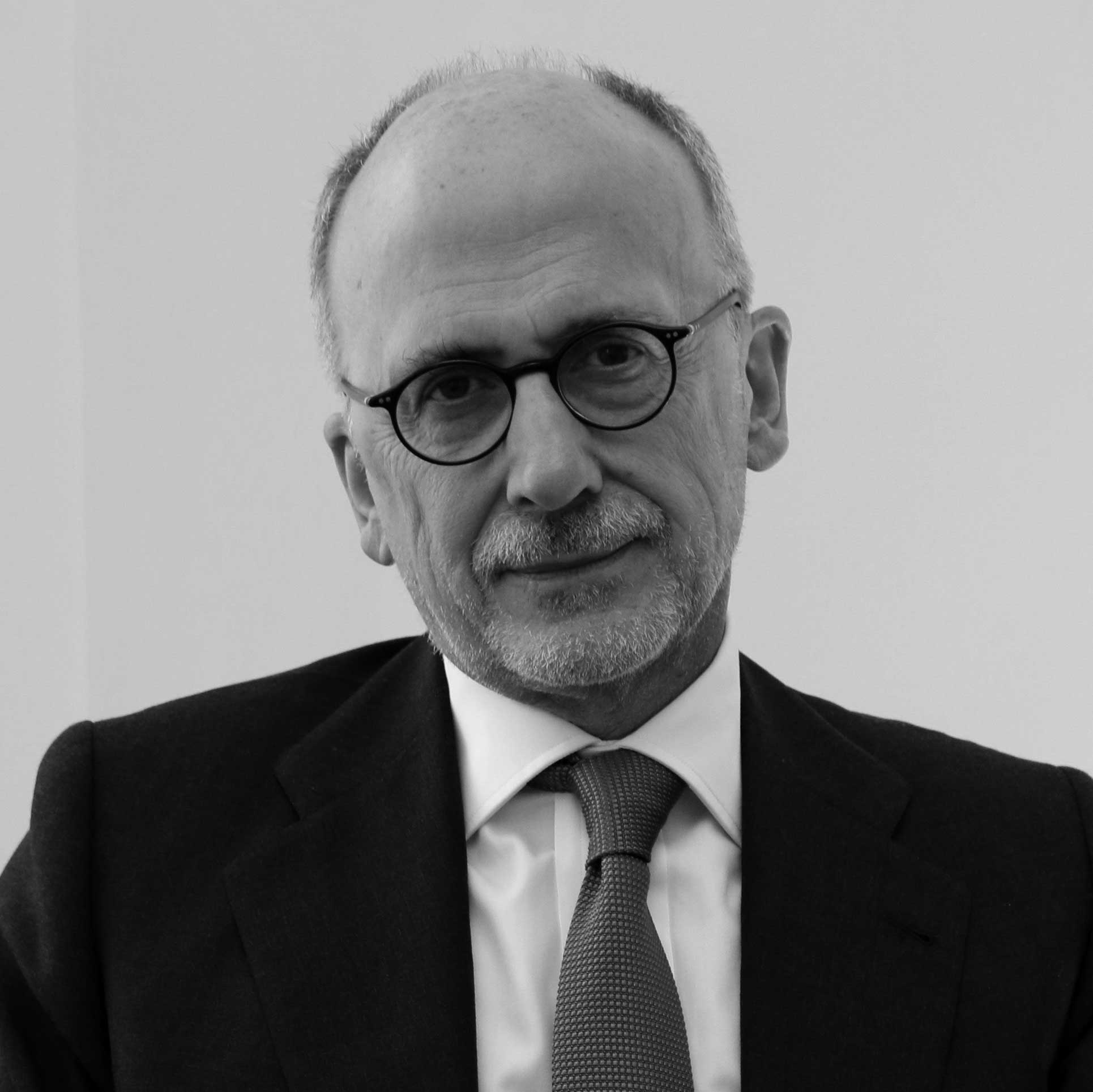
Beatriz Corredor Sierra is a Spanish lawyer and politician serving as Member of the Congress of Deputies and chair of the Committee on Justice since 2019. Outside of her parliamentary duties, she chairs the Pablo Iglesias Foundation, a nonprofit organisation named after the Spanish Socialist Workers’ Party (PSOE) founder Pablo Iglesias Posse.
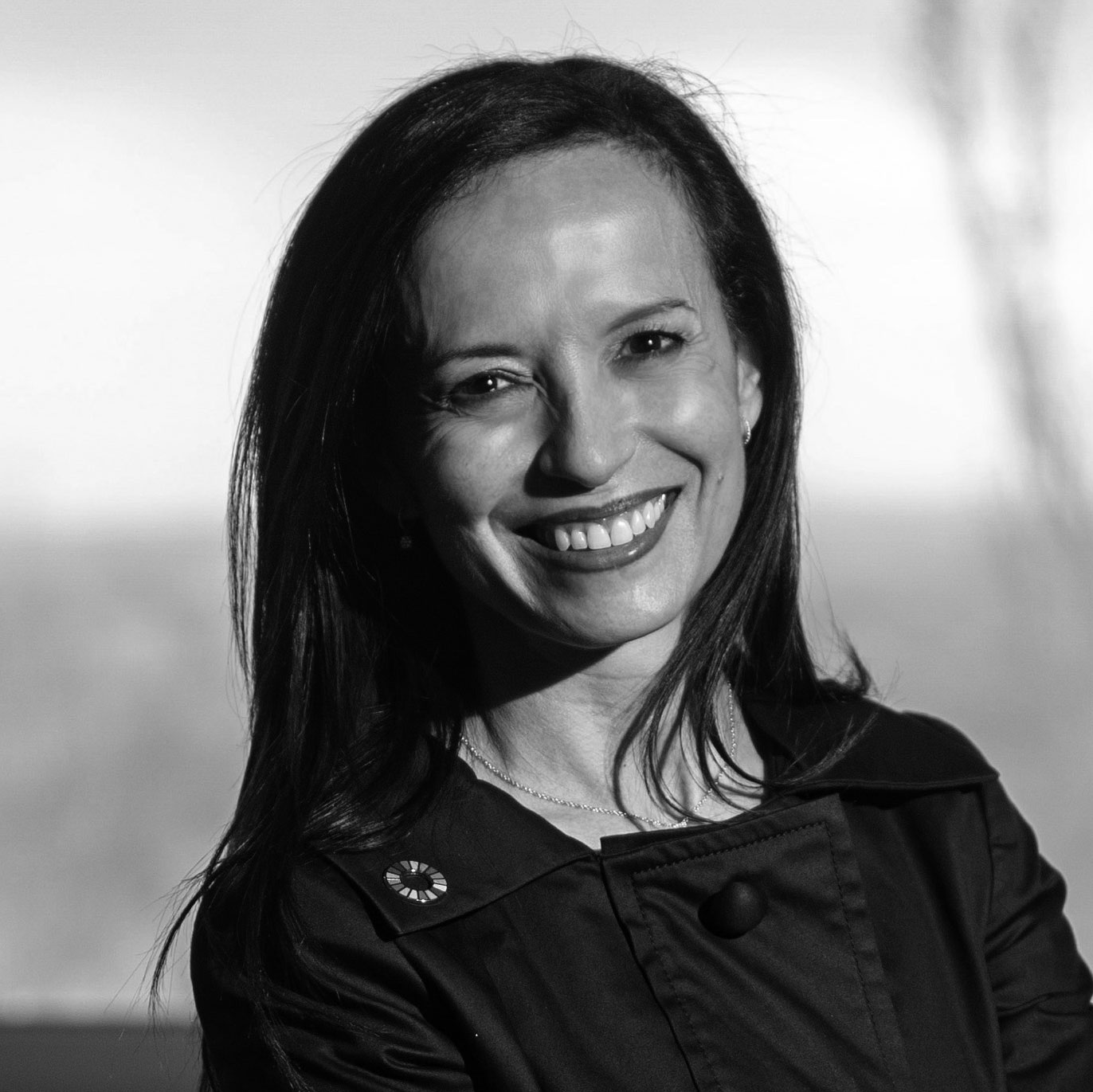
With over twenty-five years of proven experience authoring and implementing visionary architecture and urbanism, Vishaan Chakrabarti is the founder and creative director of Practice for Architecture and Urbanism (PAU). He is the author of A Country of Cities: A Manifesto for an Urban America, published in 2013. He is currently on leave from his tenured faculty position at the University of California (UC), Berkeley, where he served as the William W. Wurster Dean of the College of Environmental Design. Prior to UC Berkeley, Vishaan was a professor at Columbia University for a decade.
After the tragic events of 9/11, he was appointed as Planning Director for Manhattan. In this position, he collaborated on the now-realised efforts to save the High Line and reincorporate the street grid at the World Trade Center site. He serves on the boards of the Architectural League of New York, the Regional Planning Association, the Norman Foster Foundation and The World Around You. He also collaborates with the Rolex Institute, is an emeritus board member of the Friends of the High Line and is an ex-officio board member of the Berkeley Art Museum and Pacific Film Archive.
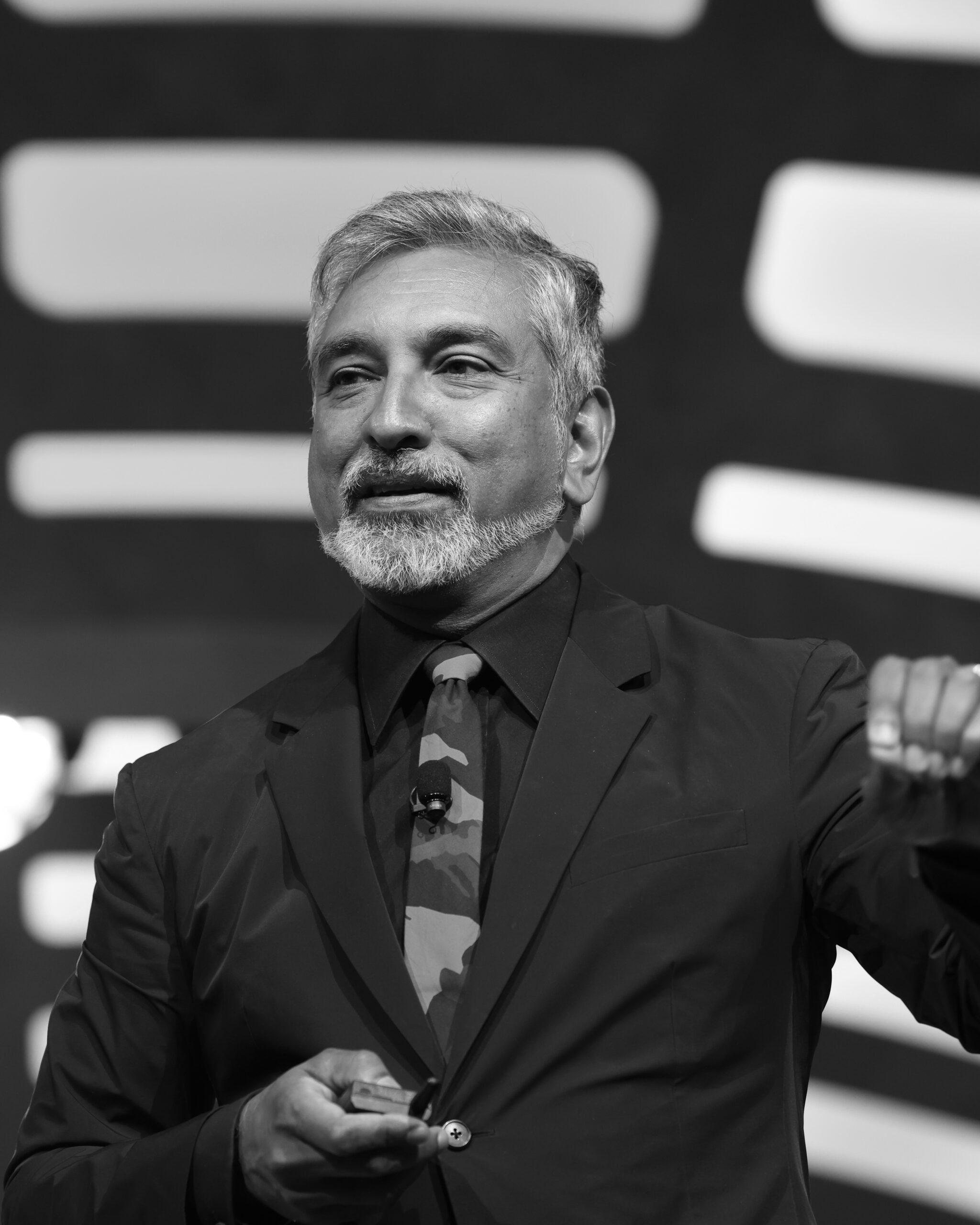
International Advisor on the Socioeconomic Development for the European Union, Governments and other Institutions

Alejandro Aravena graduated as an architect from the Universidad Católica de Chile in 1992. Between 2000 and 2005 he was a professor at Harvard University, where ELEMENTAL originated. ELEMENTAL is a Do Tank founded in 2001, lead by Alejandro Aravena with partners Gonzalo Arteaga, Juan Cerda, Victor Oddó and Diego Torres.
In 2010 he was named an Honorary International Fellow of the Royal Institute of British Architects (RIBA). Since 2011, he has been a member of the Council of the Cities Programme at the London School of Economics (LSE).
In 2014, he gave a TED Global Talk. The work of Aravena and ELEMENTAL has been recognised with - among other awards - the Silver Lion at Venice Biennale in 2008 and the Gothenburg Award for sustainability in 2017. In 2016, Aravena was awarded the Pritzker Architecture Prize. Since 2020, he has been President of the Jury for the same award.
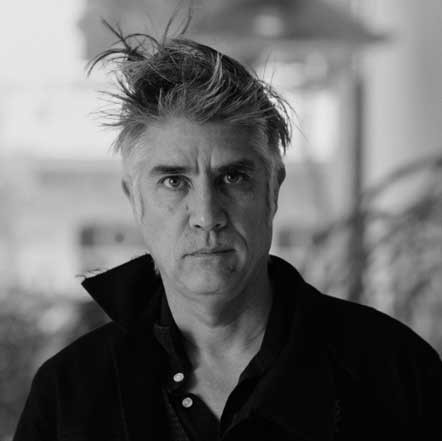
Deborah Berke, FAIA, LEED AP is an architect, educator and the founder of New York-based architectural firm TenBerke. Deborah is the dean of the Yale School of Architecture and the first woman to hold this position. She has been a professor at Yale since 1987. She is the recipient of the Topaz Medallion, the highest honour for architectural education. In 2012, she was the inaugural designate of the Berkeley-Rupp
Prize at the University of California at Berkeley, which is given to an architect who has advanced the position of women in the profession and whose work emphasises a commitment to sustainability and the community. She is a board member of the James Howell Foundation, and a member of the board of directors of Yaddo, and an advisor to the Norman Foster Foundation. She serves on the jury for the Pritzker Architecture Prize, the highest honour in the field. She is a member of the American Academy of Arts and Letters and the National Academy of Design. Deborah is a graduate of the Rhode Island School of Design and The City University of New York. In 2005, she was awarded an Honorary Doctor of Fine Arts from the Rhode Island School of Design.
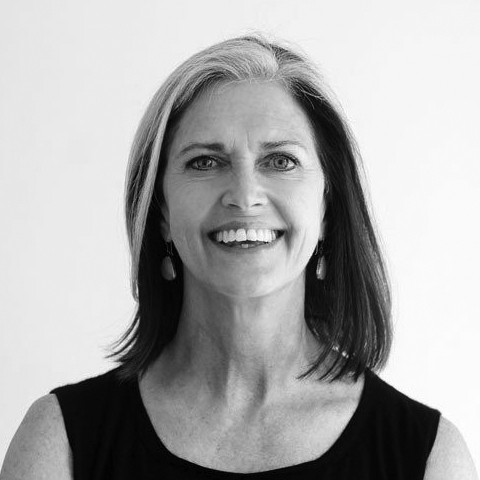
Professor Edgar Pieterse is the founding director of the African Centre for Cities (ACC) at the University of Cape Town. His research and teaching explore urban imaginaries, alternative futures, sustainable urban infrastructure, place-making, public cultures, responsive design and adaptive governance systems. He publishes different kinds of text and curates exhibitions and difficult conversations about pressing urban problems. Since the founding of ACC, he has published two books: City Futures (Zed, 2008) and New Urban Worlds with AbdouMaliq Simone (Polity, 2017), as well as nine co-edited books, dealing with a wide-ranging set of topics related to contemporary urbanism and place-making.
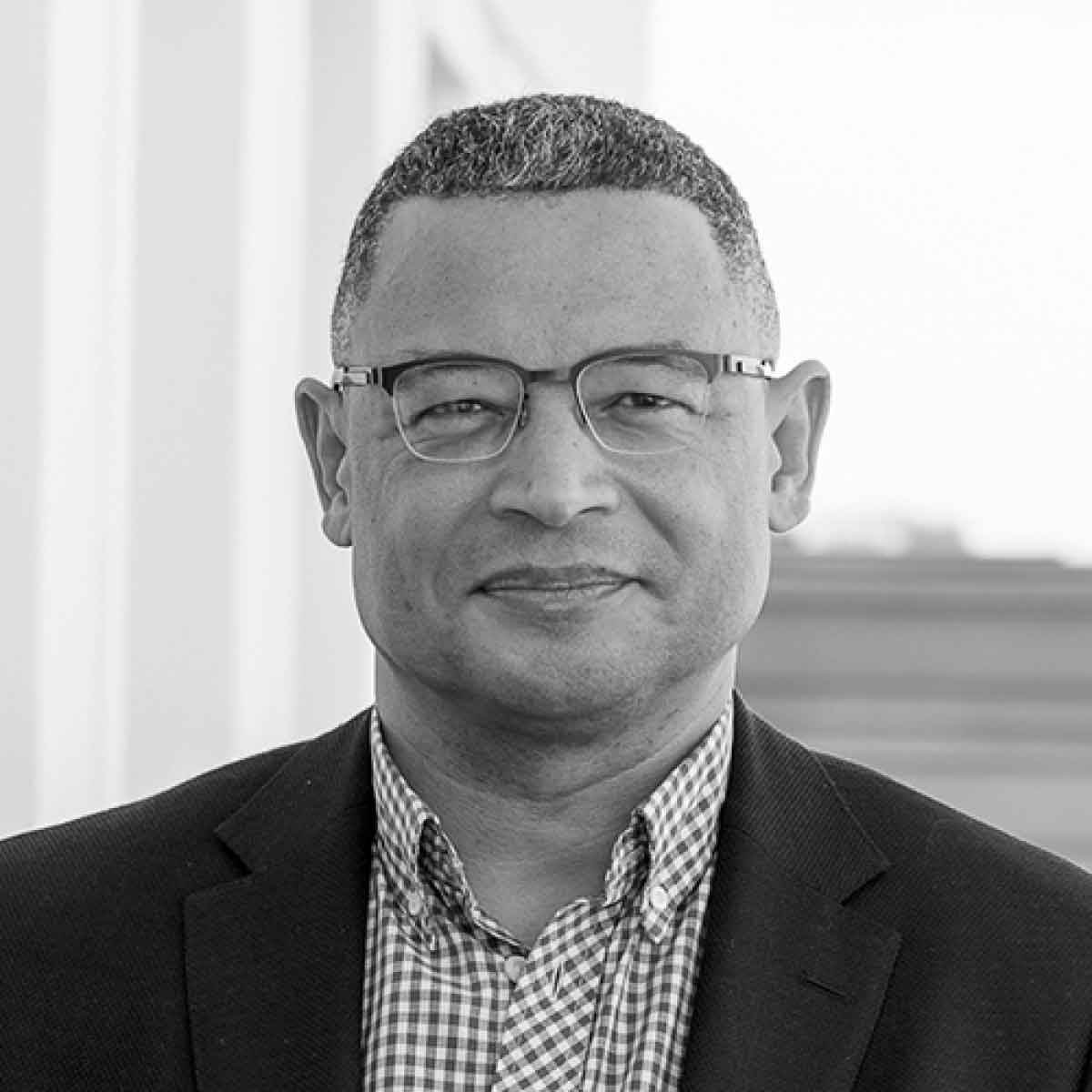
Former deputy administrator of the National Aeronautics and Space Administration (NASA), Dava Newman is an expert in aerospace biomedical engineering and explores how humans can effectively perform in environments of weightlessness. She is a leader in advanced spacesuit design and space policy and her experiments have flown onboard space shuttles from the Mir and the International Space Stations.
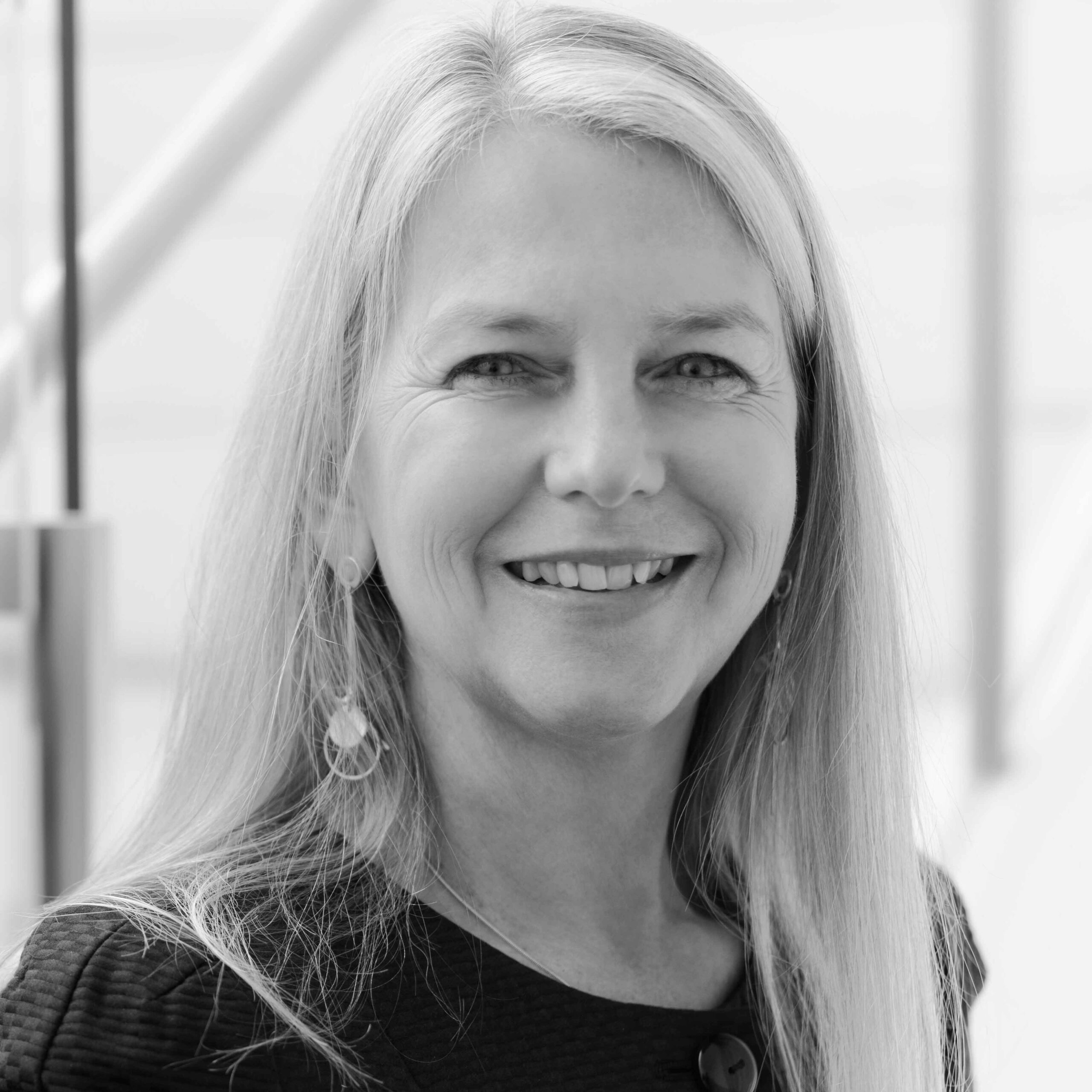
Norman Foster is the founder and executive chairman of Foster + Partners. Over more than five decades, the practice’s output has encompassed urban masterplans, public infrastructure, airports, civic and cultural buildings, offices and workplaces, private houses and furniture design. Major projects include Beijing Airport, the Millau Viaduct in France, 30 St Mary Axe and the Great Court at the British Museum in London, the Hearst Headquarters tower in New York and the Museum of Fine Arts in Boston. Recent projects include Apple Park in California, Bloomberg’s European Headquarters in London and the Comcast Tower in Philadelphia. Some of his current projects include 425 Park Avenue in New York, the Narbo Via museum in Narbonne, the Magdi Yacoub Global Heart Centre in Cairo, and the Headquarters Tower for J.P. Morgan Park Avenue in New York.
He is president of the Norman Foster Foundation, based in Madrid with a global reach, promoting interdisciplinary thinking and research to help new generations of architects, designers, and urbanists anticipate the future.
Lord Foster of Thames Bank was appointed by Queen Elizabeth II to the Order of Merit in 1997 and in 1999 was raised to the peerage in the Queen’s Birthday Honours List. He is the president of the Royal Fine Art Commission Trust and leads the Forum of Mayors for the United Nations.

Director, City Science Research Group, MIT Media Lab, Massachusetts Institute of Technology (MIT), Cambridge, MA, United States
Kent Larson is director of the City Science research group at the MIT Media Lab, with research focused on compact transformable housing, ultralight autonomous mobility systems, sensing and algorithms to recognise and respond to complex human behaviour, and advanced modelling, simulation and tangible interfaces for urban design.
He has established an international network of affiliated City Science Labs in Shanghai, Taipei, Ho Chi Minh City, Toronto, Hamburg, Andorra and Guadalajara. He received a 10-Year Impact Award from Ubicomp in 2017 and 2019 for recognition of work that has had the greatest impact, proven by the test of time.
Larson’s book, Louis I. Kahn: Unbuilt Masterworks (Monacelli Press, 2000), was selected as one of the ten best books in architecture by the New York Times Book Review in 2000. He has founded or co-founded multiple MIT spinoff companies including ORI Living, an architectural robotics company creating systems for dynamically reconfigurable environments.
